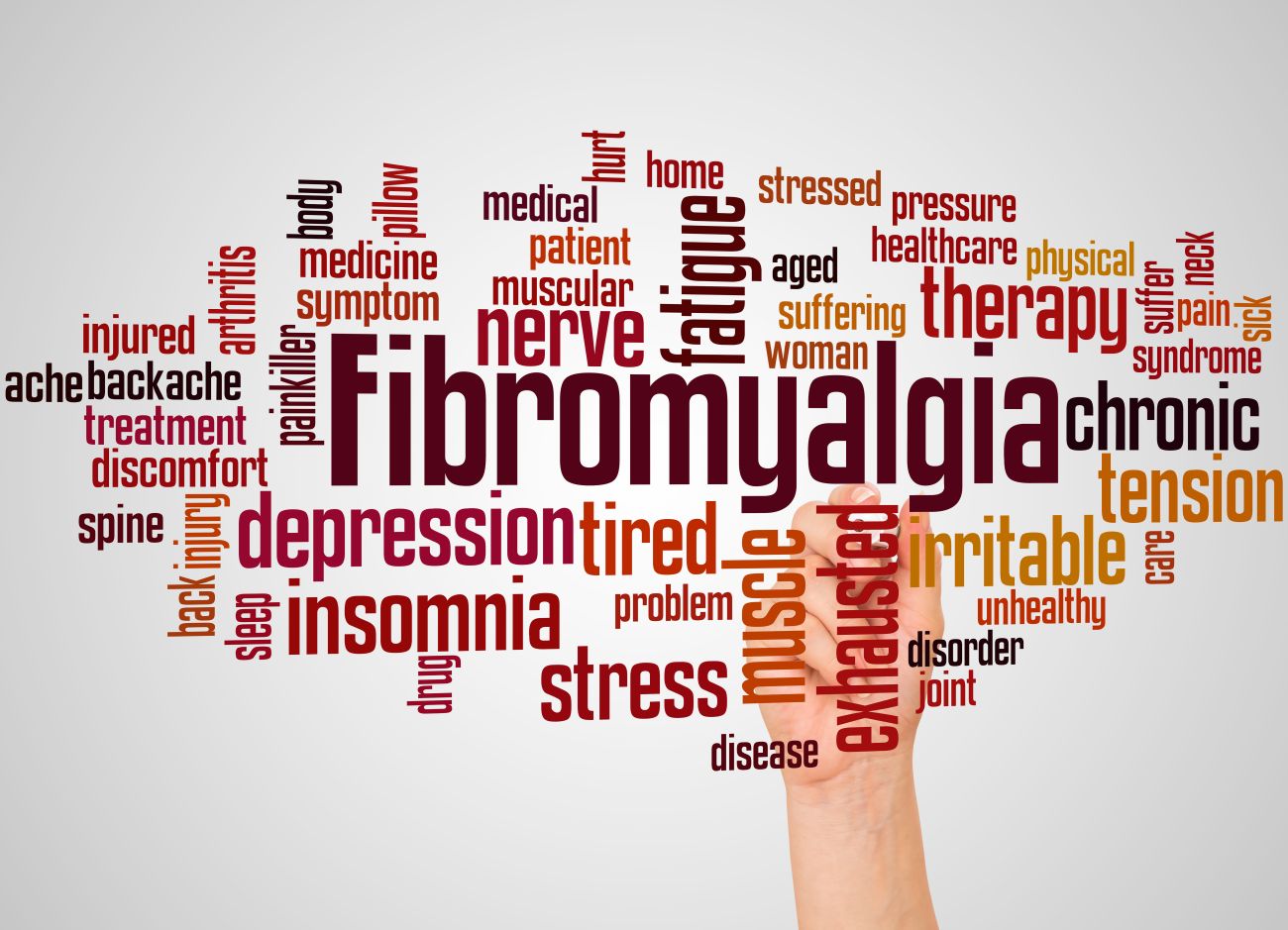Fibromyalgia, a disorder marked by pain, fatigue, and many other symptoms, presents unique challenges. Given how the symptoms of fibromyalgia can often be misdiagnosed, it’s helpful to research this information online before consulting a doctor.
The complexities of this condition often necessitate early diagnosis and comprehensive treatment approaches for effective management. To better understand fibromyalgia, continue searching online to gain more essential knowledge and insights.
How Does a Person Get Fibromyalgia?
Although fibromyalgia affects more than five million Americans over the age of 18, its cause is currently unknown.
Despite the cause being unknown, researchers believe that fibromyalgia results from an overamplification of painful sensations throughout the body. Other debated causes of fibromyalgia include:
- Repetitive physical or emotional trauma;
- Sleep disturbances, and;
- Viral or bacterial infection.
Who Is at Risk for Fibromyalgia?
Anyone can get fibromyalgia, but it is more common in:
- Women;
- Middle-aged people;
- People with certain medical conditions, such as osteoarthritis, lupus, and rheumatoid arthritis, and;
- People who have a family member with fibromyalgia.
Other potential risk factors that may have weak associations with fibromyalgia include:
- Stressful or traumatic events, such as car accidents or post-traumatic stress disorder;
- Traumatic injuries, and;
- Obesity.
Unfortunately, more research is needed to see if these possible risk factors for fibromyalgia are truly significant.
What Causes Fibromyalgia to Flare-Up?
The pain associated with fibromyalgia tends to have peaks and valleys. Peaks are when pain is present at high levels, while valleys are when pain is significantly decreased or not even present.
According to HealthCentral, a flare “is the temporary increase in the number and/or intensity of symptoms.” They usually occur without warning and at times of increased stress. The length of a flare varies from a few days to several weeks.
Certain factors may trigger a fibromyalgia flare. These include:
- Changes in diet, hormones, and temperature or weather;
- Physical and/or psychological stress;
- Busy schedule, and;
- Sleep deprivation.
What Is the Most Common Symptom of Fibromyalgia?
Common symptoms of fibromyalgia include:
- Pain and stiffness all over the body;
- Fatigue, usually because of sleep problems;
- Problems with thinking, memory, and concentration, which are sometimes known as “fibro fog”;
- Numbness or tingling in the hands and feet, and;
- Pain in the face or jaw, including temporomandibular joint (TMJ) syndrome.
What Are Current Treatments for Fibromyalgia?
While there is no cure for fibromyalgia, a variety of treatments may help control the symptoms of the disease.
Treatments include:
- Pain relievers, such as acetaminophen (Tylenol), ibuprofen (Advil), naproxen sodium (Aleve), and tramadol (Ultram);
- Antidepressants, such as duloxetine (Cymbalta) and milnacipran (Savella);
- Anti-seizure medications, such as gabapentin (Neurontin) and pregabalin (Lyrica), and;
- Anti-anxiety medications, such as buspirone (BuSpar), alprazolam (Xanax), and clonazepam (Klonopin).
What Happens If Fibromyalgia Is Left Untreated?
If left untreated, fibromyalgia has the potential to cause chronic pain, disability, and decreased quality of life. Additionally, fibromyalgia shares associations with other painful medical conditions, such as tension or migraine headaches, TMJ syndrome, IBS, anxiety, and depression.
What Foods Trigger Fibromyalgia Pain?
Certain foods may worsen symptoms by increasing inflammation. As such, they should be reduced or eliminated from your diet.
The foods that trigger fibromyalgia are:
- Sugar: Eating foods high in sugar can lead to increased fibromyalgia pain. As such, reducing or eliminating sugar can have a significant impact on fibromyalgia
- Carbohydrates: Refined carbohydrates — like cookies, bread, pastries, and white rice — can cause extreme fluctuations in blood sugar levels, which can make the fatigue and pain of fibromyalgia worse.
- Highly Processed Foods: Sugars and unhealthy fats contained in processed food increase inflammation, while flavorings and preservatives commonly used in processed foods may trigger food sensitivities.
- Unhealthy Fats: Vegetable oils promote inflammation, especially when used to fry food.
- Alcohol: Although there is research that states moderate alcohol consumption can ease symptoms, some report alcohol causes fibromyalgia symptoms to flare-up. Plus, drinking alcohol while taking certain medications prescribed for fibromyalgia, such as anticonvulsants, antidepressants, and acetaminophen, could cause harmful interactions.
Does Fibromyalgia Get Worse at Night?
Although no two cases of fibromyalgia are ever the same, most sufferers state that their pain tends to get worse at night. This increased pain from tense, aching muscles may cause sleep disturbances and tossing and turning.
The lack of restorative sleep caused by the elevated levels of pain increases the body’s sensitivity to pain.
Does Fibromyalgia Get Worse with Stress?
High levels of stress cause fibromyalgia to worsen. Therefore, decreasing your stress levels can go a long way toward diminishing symptoms.
There are numerous techniques aimed at the management and reduction of stress levels. These include meditation, deep breathing, and acupuncture. In particular, deep breathing is incorporated into mind-body practices, such as tai chi and yoga, that have been found to help decrease fibromyalgia symptoms.
Additionally, there is scientific evidence that acupuncture may help improve the pain and stiffness associated with fibromyalgia.
Can You Lose the Ability to Walk with Fibromyalgia?
Since fibromyalgia is not generally considered a progressive disorder, you should not lose the ability to walk. If you have been diagnosed with fibromyalgia and have lost the ability to walk, please seek evaluation for other disorders, as it is unlikely that you have a true case of fibromyalgia.
